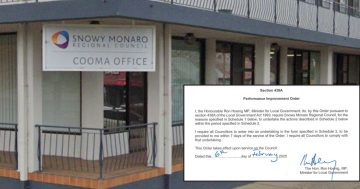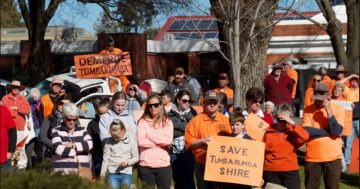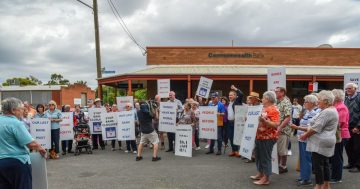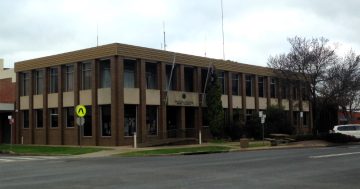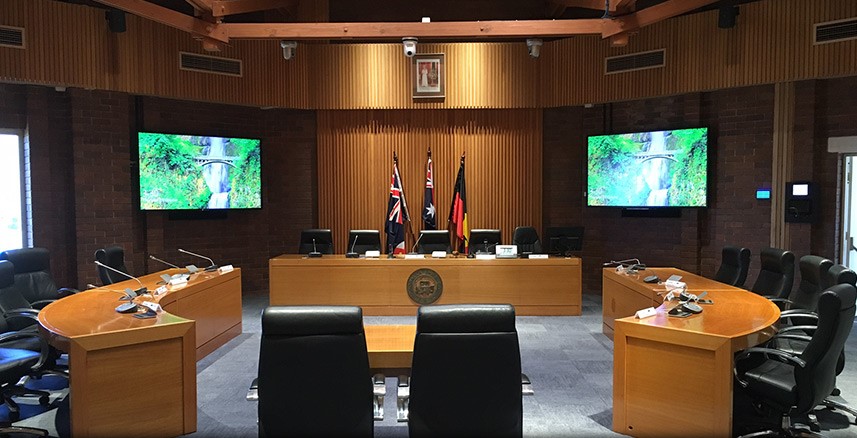
Eurobodalla Shire Council Chambers at Moruya. Photo: integrateav.com.au
Just weeks remain for community and sector feedback on the NSW Government’s proposed overhaul of the regulations that govern the way council officials conduct themselves.
15 November is the deadline for submissions on a discussion paper released in September which has called for a complete rewrite and simplification of the NSW Local Government’s Model Code of Conduct as well as new pathways for addressing poor councillor behaviour.
The State Government has said that at over 100 pages in length, the current code of conduct framework is overly complex, distracts from robust democratic debate and is being increasingly weaponised for political reasons.
Proposed reforms would streamline the code of conduct down to two to three pages, similar to the State Parliamentary code, and outline clear expectations of behaviour for the 1300 elected officials across the state.
The new code of conduct system would see minor complaints about councillor misbehaviour dealt with by a councillor’s peers and leave serious matters relating to conflicts of interest for examination by the Office of Local Government.
There were 4289 code of conduct complaints lodged over the past three years alone, forcing councils to divert significant time and money from providing local services to resolve these complaints.
The government is also proposing reforms to improve the transparency of council meetings to ensure decisions are being made openly and in the best interests of the community as a whole.
Key reforms outlined in the discussion paper, some of which would require changes to the Local Government Act 1993, include:
- Establishing a local government privileges committee of experienced councillors with mayoral experience to assess complaints made against councillors for misbehaviour, consistent with practices in other tiers of government (where the conduct does not meet the threshold for police or referral to another investigative body or tribunal).
- Removing private investigators from the councillor conduct process, while strengthening the investigative capability of the Office of Local Government to investigate and prosecute legitimate complaints (such as issuing penalty infringement notices where conflict of interest declarations have not been made).
- Banning private councillor briefing sessions, except in very limited circumstances.
- Strengthening lobbying guidelines for local government.
- Giving mayors more power to expel councillors from meetings for acts of disorder and remove their entitlement to receive a fee in the month of their indiscretion.
NSW Local Government Minister Ron Hoenig said the current councillor code of conduct system was fundamentally broken.
“It is too open to weaponisation, with tit-for-tat complaints diverting critical council resources and ratepayer money from the things that matter most to communities,” he said.
“The sheer volume of vexatious complaints being made is preventing the Office of Local Government from focusing its attention on getting crooks out of the local government sector.”
Mr Hoenig said the options presented in the discussion paper put the onus back on addressing and resolving issues of councillor misbehaviour at a local level, rather than escalating complaints for the State Government or private investigators to fix.
“It also puts forward options to strengthen the role of the Office of Local Government as the sector regulator, including expanded investigation powers for serious conflict of interest breaches and the ability to issue penalty infringement notices,” the minister said.
“For far too long the system has been abused. It’s time to restore public confidence in councils and ensure the dignity of this vital third tier of government is upheld.”
The discussion paper is now open for community and sector feedback, and submissions close 15 November.









